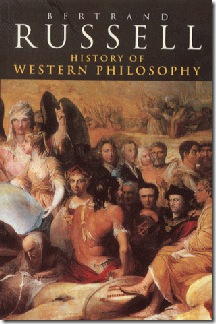THE
SECRET
TEACHINGS
OF ALL
AGES
by
Manly P. Hall
It is a masterful compendium of esoteric teachings of all time. It is a summation of hidden wisdom from the arcane and mystical teachings of Druidic, Mithraic, Christian, Gnostic, Odinic, Gothic, Eleusinian, Orphic, Bacchic, Dionysian, Platonic, Atlantean, Cabric, Hermetic, Zodiacal, Astrological, Chaldean, Delphic, Orphic, Dodonean, Pythagorean, Numerological, Hiramic, Paracelsian, Mosaic, Qabbalistic, Sephirothic, Rosicrucian, Alchemical, Masonic, Islamic, Native American, Mayan and Neo-Platonic traditions. I learned much from reading this massive work (over 2.5 pounds). But there were four main ideas that I drew from it. First, no philosophy, mythos or religion can stand alone. None came into existence on its own. The later ones evolved from the earlier ones. They all borrowed from or were influenced by the others. Second, none can lay a valid claim to either exclusivity or primacy. Any attempt to do so can only lead to contradiction and confusion. Wisdom is a fabric and all the threads are inseparably woven together. Third, I found there to be a validation of Hamlet's oft quoted observation from Act I, Scene V, "There are more things in heaven and earth, Horatio, than are dreamt of in your philosophy." It is folly to lay claim to a completeness of understanding. There is always much more beyond the cloud of unknowing. Finally, I came away with a greater understanding of the adage, "Those who say, don't know; and those who know, don't say." Understanding has as much to do with the heart as with the head. Much of wisdom has traditionally been hidden, awaiting to be passed on to those who have grown in spiritual preparedness. It seems to be more experiential than cerebral. In the words of Reikichi Kita and Kiichi Nagaya, "To one who has had the experience, there is no need to explain it. To one who has not, there is no way to explain it. What to do but exclaim."









